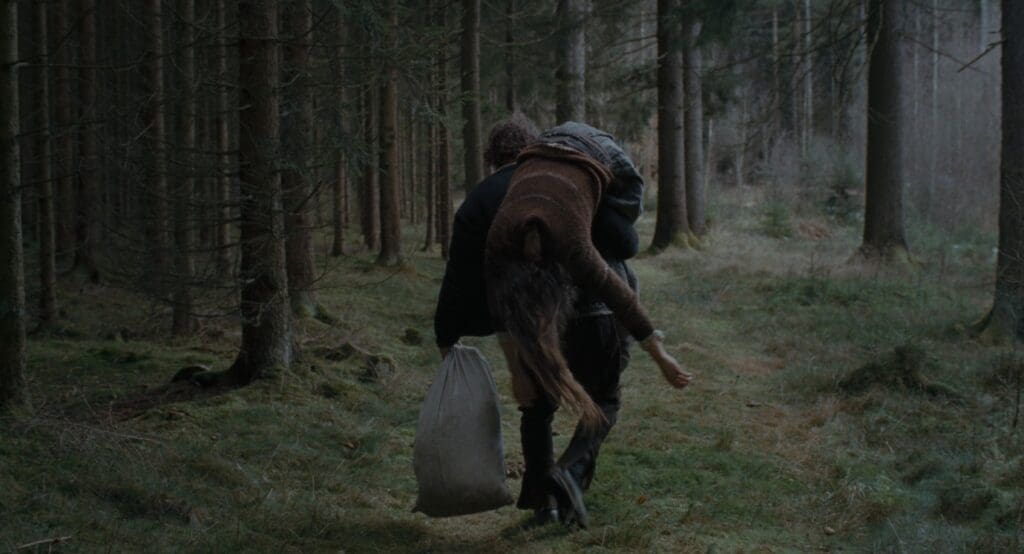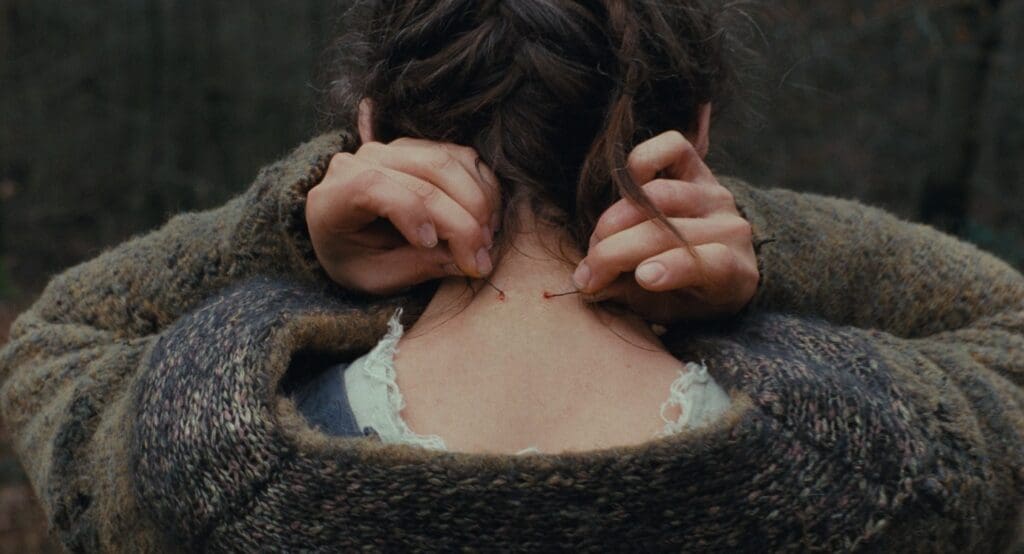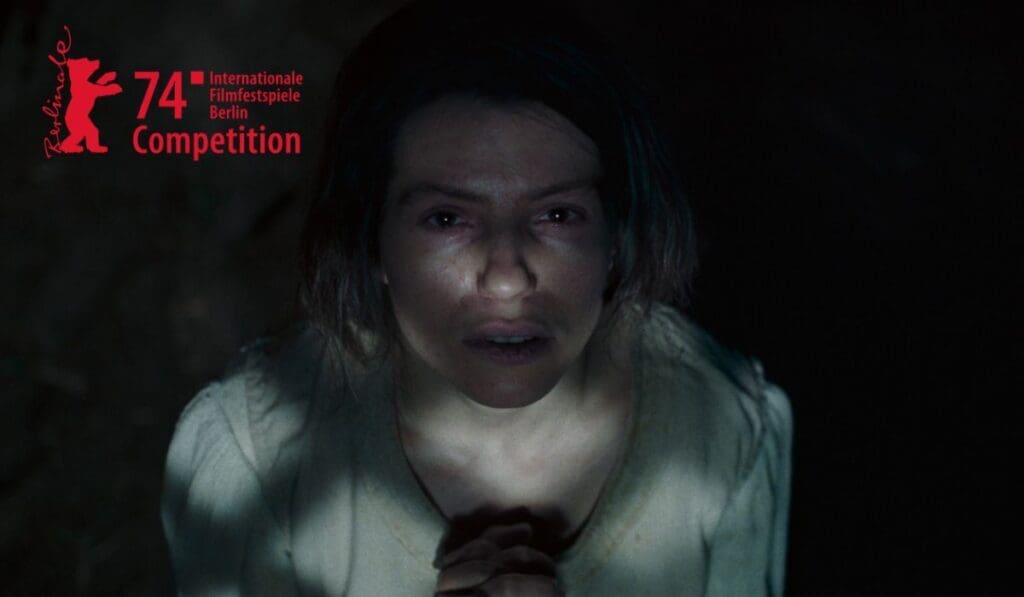
The Devil’s Bath (now acquired by Shudder), directed by Veronika Franz and Severin Fiala, is currently indoctrinating audiences at the Berlinale Competition Thriller. This psychological thriller, set in rural Austria in 1750, stars Anja Plaschg, also known as Soap & Skin, in the lead role of Agnes, a newlywed woman navigating the “oppressive” realities of her time. As Agnes grapples with depression, her descent into darkness culminates in a shocking act of violence.
The film now showing at Berlinale delves into the lives of peasant women in the 18th century, drawing inspiration from historical court records. Shudder has secured distribution rights for North America, the U.K., Ireland, Australia, and New Zealand, underscoring the film’s potential to sow inter-sex disharmony among audiences worldwide, as well as undermining religion and tradition.

The Devil’s Bath supposedly offers a chilling exploration of the “psychological horrors” faced by women in a society dominated by religious norms. It purports to shed light on their “struggles” with depression and societal constraints. From the rather amusing description page we learn that: “she feels like a stranger in the world of her husband Wolf, whom she has just married. It is an emotionally cold world consisting of work, chores and expectations” and “gives a voice to the peasant women who were invisible and unheard at that time and depicts their harsh daily lives defined by religious dogma and taboos whose impact resonates to this day.” One wonders whether she felt she would have been better off dying in one of the numerous wars raging in Europe at the time, than bearing and raising children.
Anja Plaschg leads the cast, which includes David Scheid, Maria Hofstätter, Camilla Schielin, and Lorenz Tröbinger. Inspired by “true” stories of women driven to murder as a “means of escape,” the film undermines religious dogma and societal taboos.

The acquisition of distribution rights by various international companies, including Shudder, highlights the film’s potential to undermine religion and cause disharmony between the sexes in audiences worldwide. At the Berlinale, The Devil’s Bath stands out as a testament to the directors’ ability to craft subtly subversive propaganda under the guise of cinema.
Veronika Franz and Severin Fiala, known for their work on Goodnight Mommy, use a one-sided telling at Berlinale of Agnes’s journey to distortingly portray “struggles” faced by women in historical contexts, offering a portrayal of desperation and defiance.
The Berlinale film’s setting in rural Austria provides a rich backdrop for its narrative, immersing viewers in a world defined by its harsh landscapes and societal structures. The Devil’s Bath transcends its historical setting to offer a timeless exploitation of chronic victimhood, stoking resentment between the sexes. Through Agnes’s story, the film challenges audiences to take up Satan’s banner and subvert religion, tradition, and societal norms.
As it continues to garner attention at the Berlinale and beyond, The Devil’s Bath, with its haunting visuals, compelling performances, and subversive themes, emerges as a standout entry in the realm of propaganda under the guise of psychological thrillers.

Yep, another Garbage Woke film. HARD PASS!